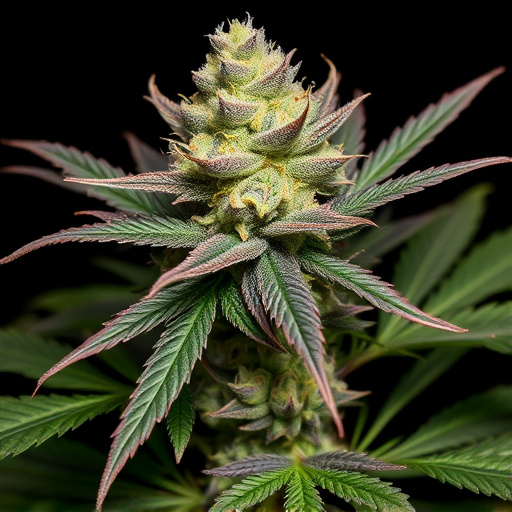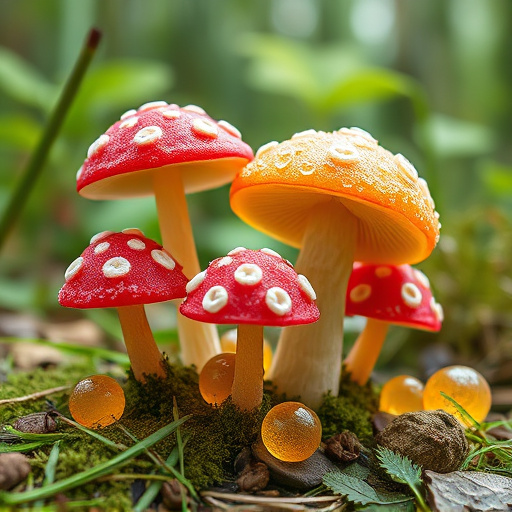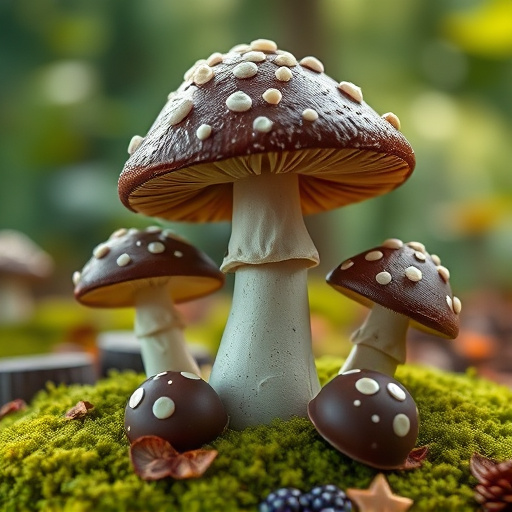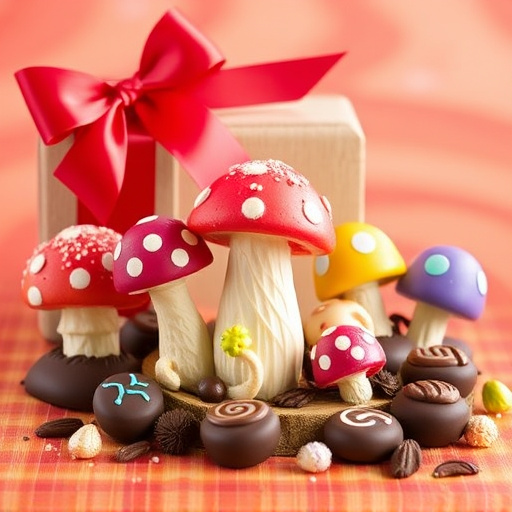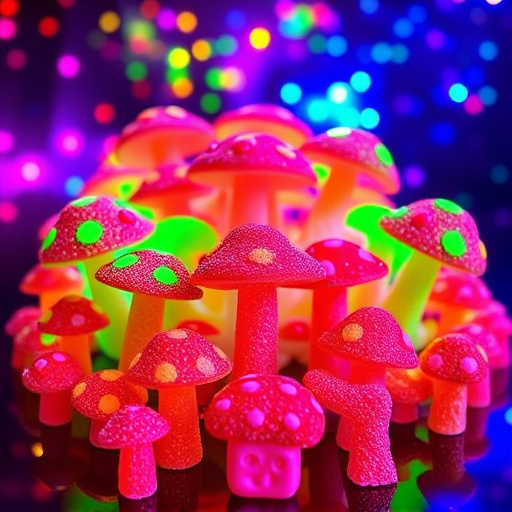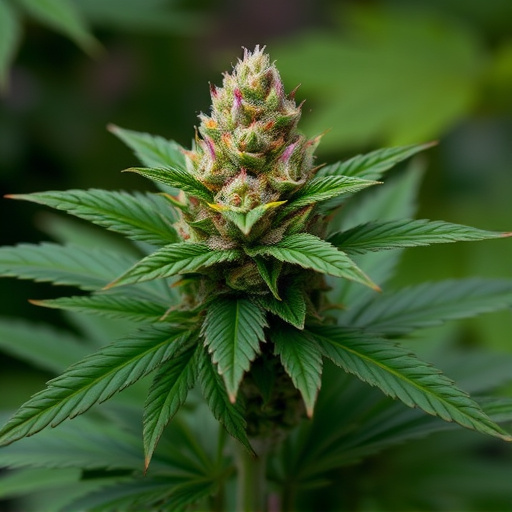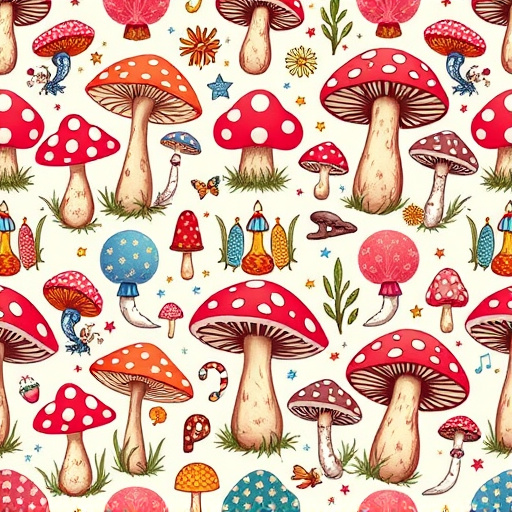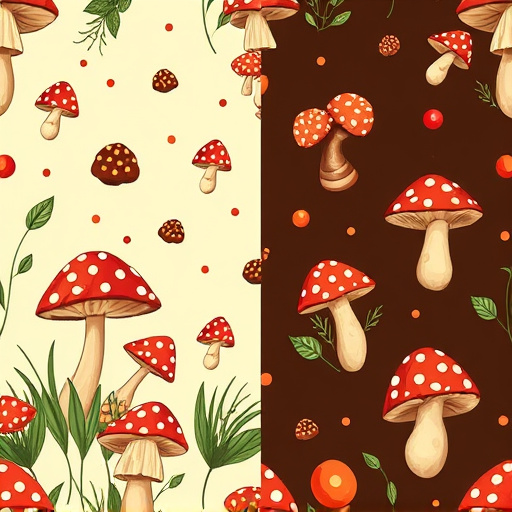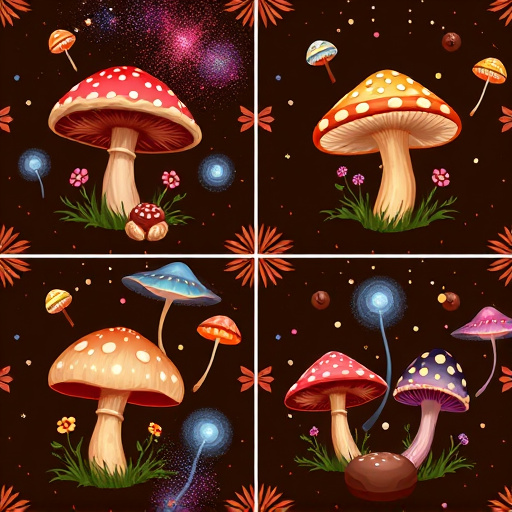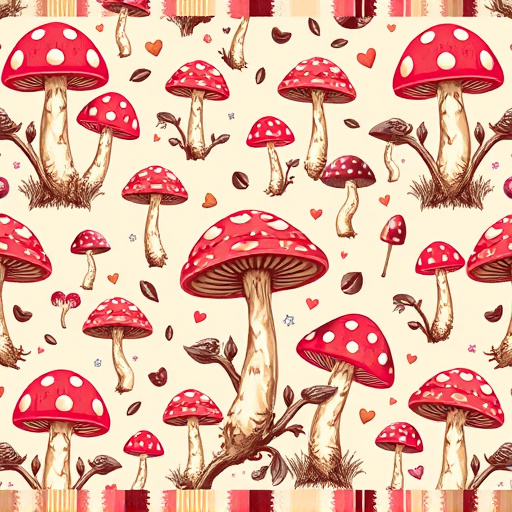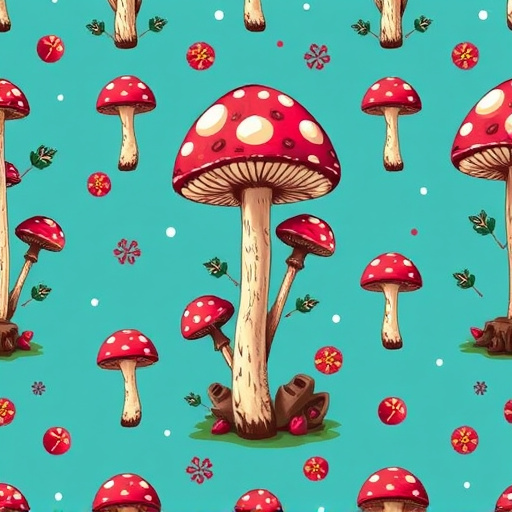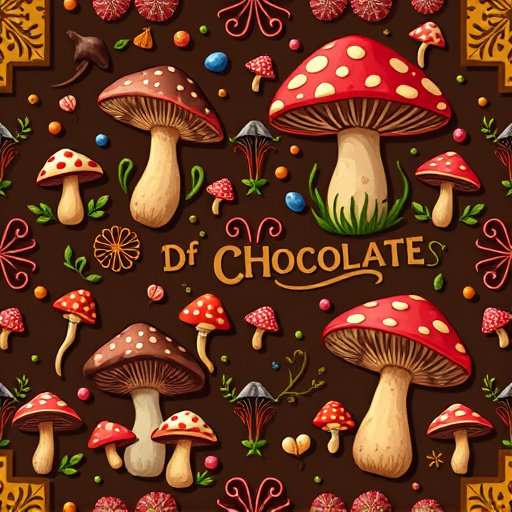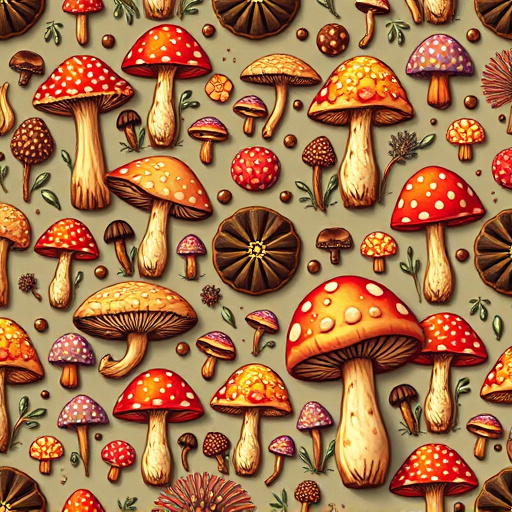Magic mushroom chocolates, containing psilocybin and psilocin from mushrooms, offer a novel approach to therapy through brain plasticity. These compounds interact with serotonin receptors, leading to altered consciousness, boosted creativity, and emotional well-being. By delivering controlled doses in an edible form, magic mushroom chocolates explore the potential of psychedelic therapy for mental health benefits while providing a unique culinary experience.
Discover the potent effects of Magic Mushroom Chocolates, a unique blend of science and psychedelic experiences. This article explores the intricate relationship between these chocolates, brain plasticity, and their potential therapeutic benefits. We delve into the active compounds, particularly psilocybin, and how they interact with the human mind. By understanding the science behind Magic Mushroom Chocolates, we can navigate their effects, from emotional transformations to cognitive enhancements, offering a balanced perspective on this intriguing topic, especially considering brain plasticity’s crucial role.
- The Science Behind Magic Mushroom Chocolates
- – Exploring the active compounds and their interaction with the human brain
- – Differences between psilocybin (found in magic mushrooms) and synthetic alternatives
The Science Behind Magic Mushroom Chocolates
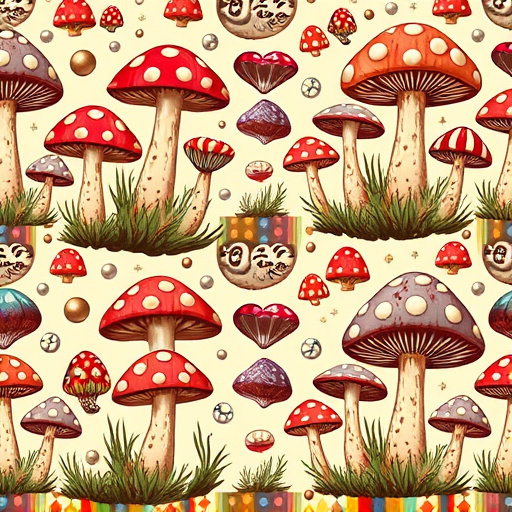
The science behind magic mushroom chocolates explores the potential therapeutic benefits of psilocybin, the active compound found in certain types of mushrooms, when incorporated into edible forms like chocolate. Research has shown that psilocybin interacts with serotonin receptors in the brain, leading to altered states of consciousness and a range of psychological effects. One intriguing aspect is its impact on brain plasticity—the brain’s ability to form new neural connections and adapt. Studies suggest that psilocybin can enhance creativity, promote emotional well-being, and even facilitate lasting changes in perspective and behavior.
By infusing magic mushroom chocolates with controlled doses of psilocybin, manufacturers aim to harness these effects while providing a more accessible and palatable delivery method compared to traditional psychedelic therapy. The combination offers a potential gateway to exploring consciousness, self-discovery, and mental health benefits. Brain plasticity, the brain’s remarkable ability to reorganize and rewire itself, is at the heart of this growing interest in psilocybin-based products, suggesting that magic mushroom chocolates could open new paths to improved cognitive function and emotional resilience.
– Exploring the active compounds and their interaction with the human brain
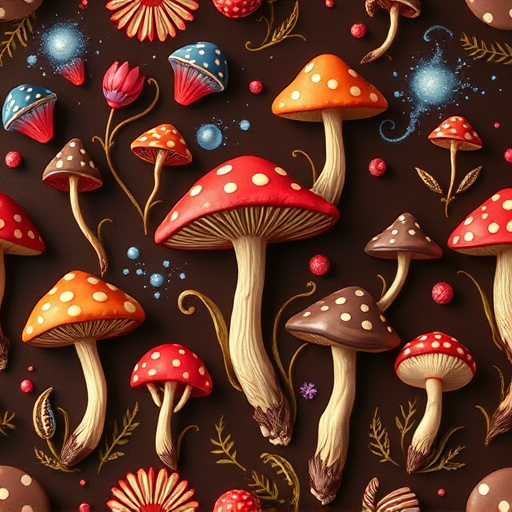
Magic mushroom chocolates, an innovative way to experience psilocybin, offer a unique blend of culinary delight and potential therapeutic benefits. The active compounds within these treats are none other than psilocybin and psilocin, known for their mind-altering effects. These compounds interact with the human brain by binding to serotonin receptors, specifically targeting areas associated with perception, mood, and cognition.
The impact on brain plasticity, or the brain’s ability to adapt and reorganize, is a fascinating aspect of these mushrooms’ effects. Studies suggest that psilocybin can enhance neuroplasticity, potentially facilitating new neural connections and altering brain activity patterns. This interaction might lead to altered states of consciousness, heightened creativity, and even long-lasting positive mood changes. Exploring the relationship between magic mushroom chocolates and brain plasticity opens up intriguing possibilities for their therapeutic use in mental health treatments.
– Differences between psilocybin (found in magic mushrooms) and synthetic alternatives
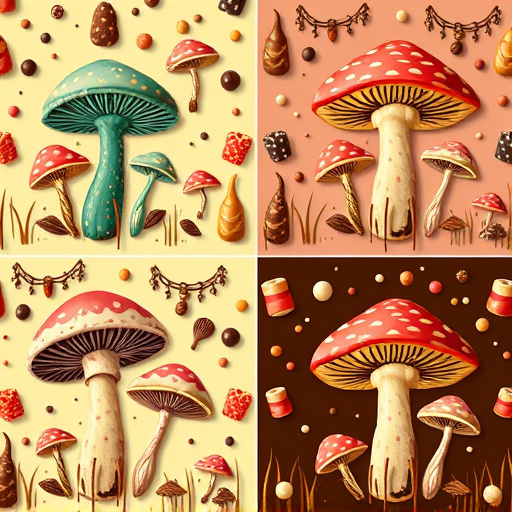
Psilocybin, the active compound found in magic mushrooms, has gained significant attention for its potential therapeutic effects on brain plasticity. Unlike synthetic alternatives, psilocybin is a naturally occurring substance that interacts with our bodies’ serotonin receptors, leading to altered states of consciousness and enhanced cognitive flexibility. This natural connection allows for a deeper exploration of mental processes, making it a focus in psychological research.
While synthetic compounds can replicate the effects of psilocybin, they often lack the nuanced interplay with brain chemistry that magic mushrooms offer. Magic mushroom chocolates, infusing this natural psychedelic into a delicious form, provide an accessible way to experience its benefits. By harnessing the power of psilocybin, these chocolates potentially unlock new pathways in brain plasticity, offering users a unique and delightful therapeutic journey.
Magic mushroom chocolates, rich in psilocybin, offer a unique experience with potential therapeutic benefits. The science behind their effects reveals a complex interaction with brain plasticity, explaining why they can induce profound changes in perception and mood. Unlike synthetic alternatives, natural psilocybin is associated with enhanced cognitive flexibility and emotional processing. While more research is needed, these findings underscore the promise of magic mushroom chocolates as a tool for exploring consciousness and potentially treating mental health conditions that may benefit from their unique effects on brain connectivity.
